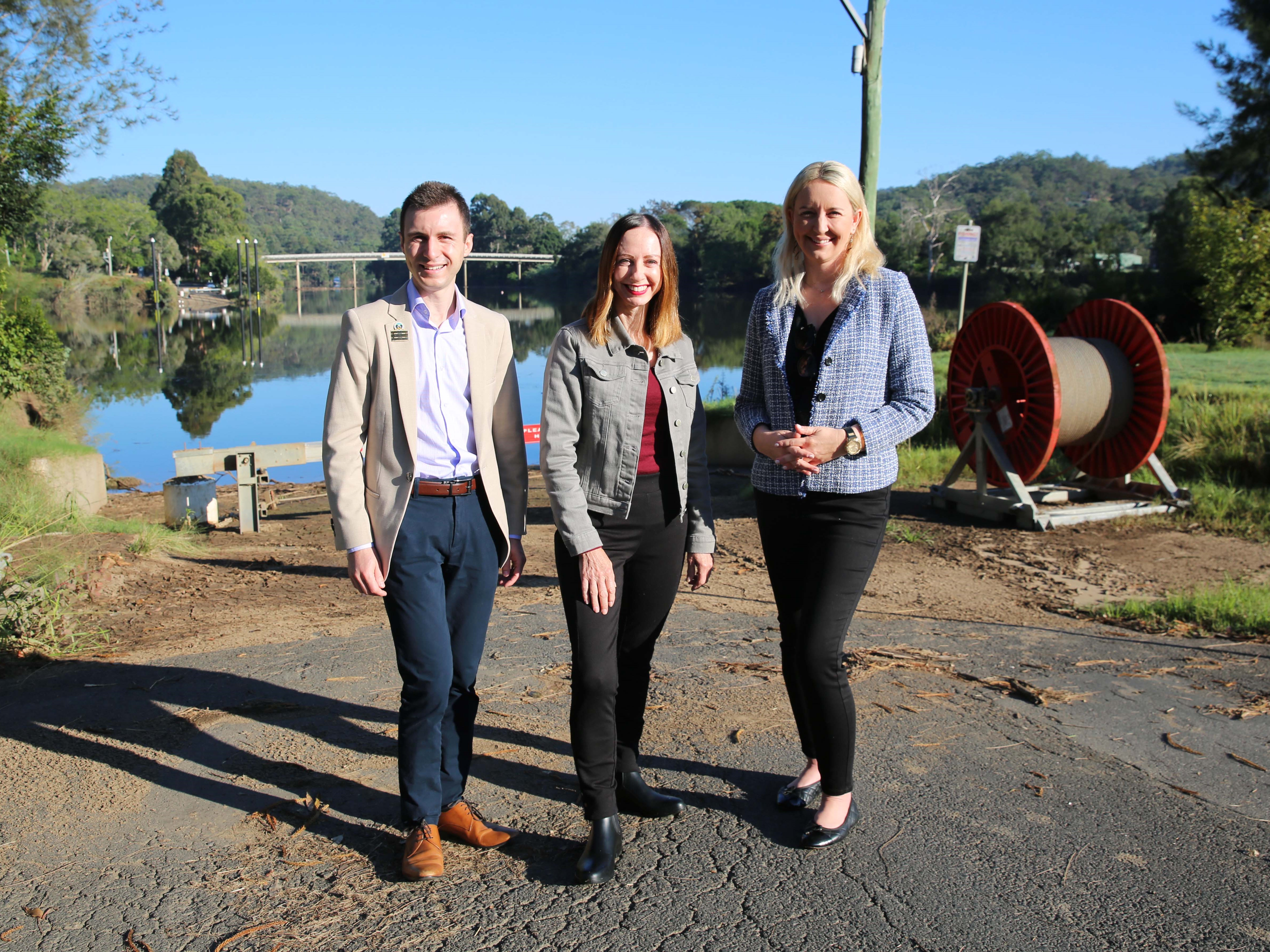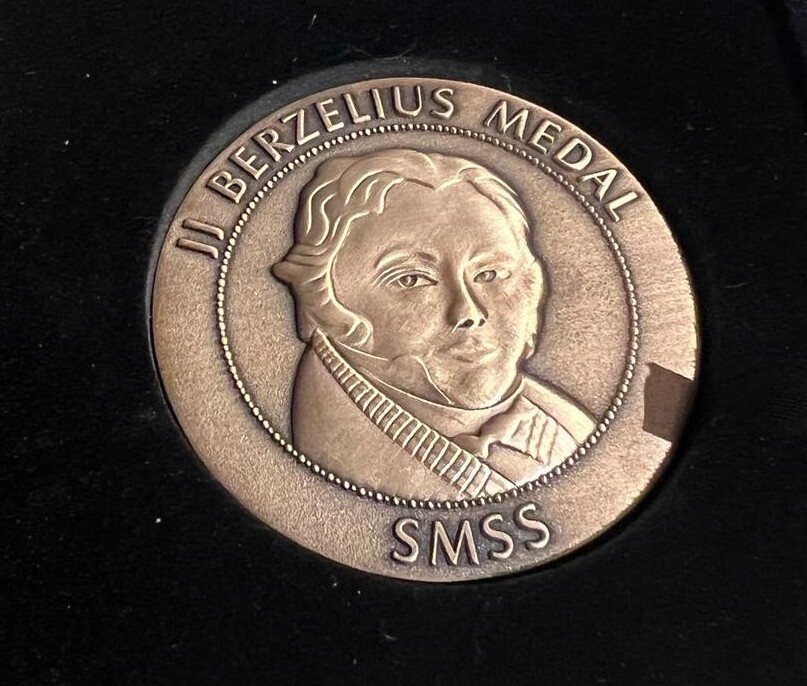The Morrison Government will slash red tape for businesses looking to invest in new technologies that reduce emissions, lower costs and create jobs as part of its Deregulation Agenda.
Through the 2020-21 Budget, the Government will provide the Clean Energy Regulator with an additional $40.4 million over 10 years to:
- Establish a new exchange platform for emissions reduction units, saving businesses an estimated $100 million by 2030;
- Halve timeframes for Emissions Reduction Fund (ERF) project registration and crediting through streamlined digital infrastructure, so businesses can earn a return on projects more quickly; and
- Slash the time it takes to develop new methods so businesses can take advantage of new opportunities to reduce emissions.
Minister for Energy and Emissions Reduction Angus Taylor said the Government was expanding and improving the ERF following the King Review, which recommended:
- Enhancing the ERF to encourage greater participation;
- Incentivising voluntary emissions reductions on a broader scale; and
- Unlocking the transformative low emissions technologies that businesses need.
“These changes will unlock more low-cost abatement and save businesses time and money as they take action to reduce emissions,” Minister Taylor said.
“The package will contribute to Australia’s continued success in meeting and beating our emissions reduction targets.”
Australia beat its Kyoto-era targets by up to 430 million tonnes and we are on track to meet and beat our 2030 Paris target.
As a nation, Australia has done far better than similar export-oriented countries with emissions now 14.3 per cent below 2005 levels.
These are achievements all Australians can be proud of.
Last month the ERF delivered the biggest auction result since December 2017.
The Clean Energy Regulator forecasts ERF projects will earn around 16 million Australian Carbon Credit Units in 2020 (worth 16 million tonnes of emissions reductions).
The ERF has now contracted almost 200 million tonnes, with more than 58 million tonnes already delivered, and has played and will continue to play an important role in the Morrison Government’s efforts to reduce Australia’s emissions while maintaining a strong economy and supporting jobs, many in regional areas.







